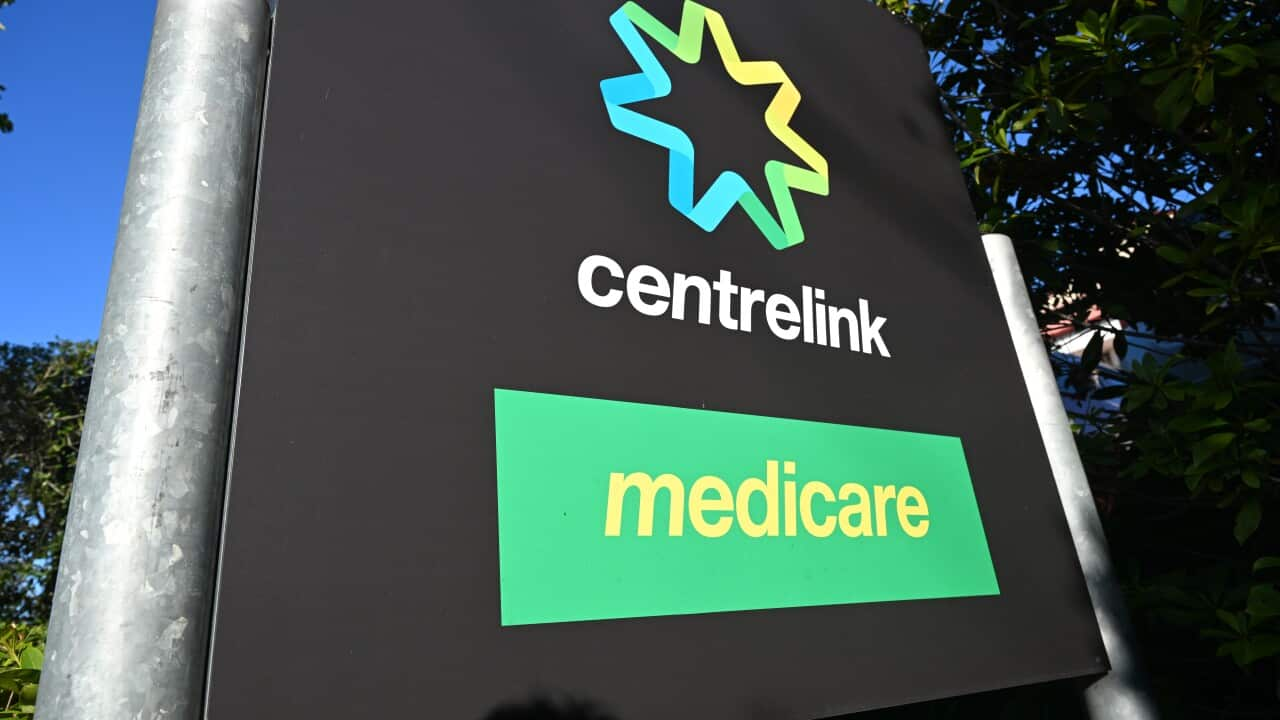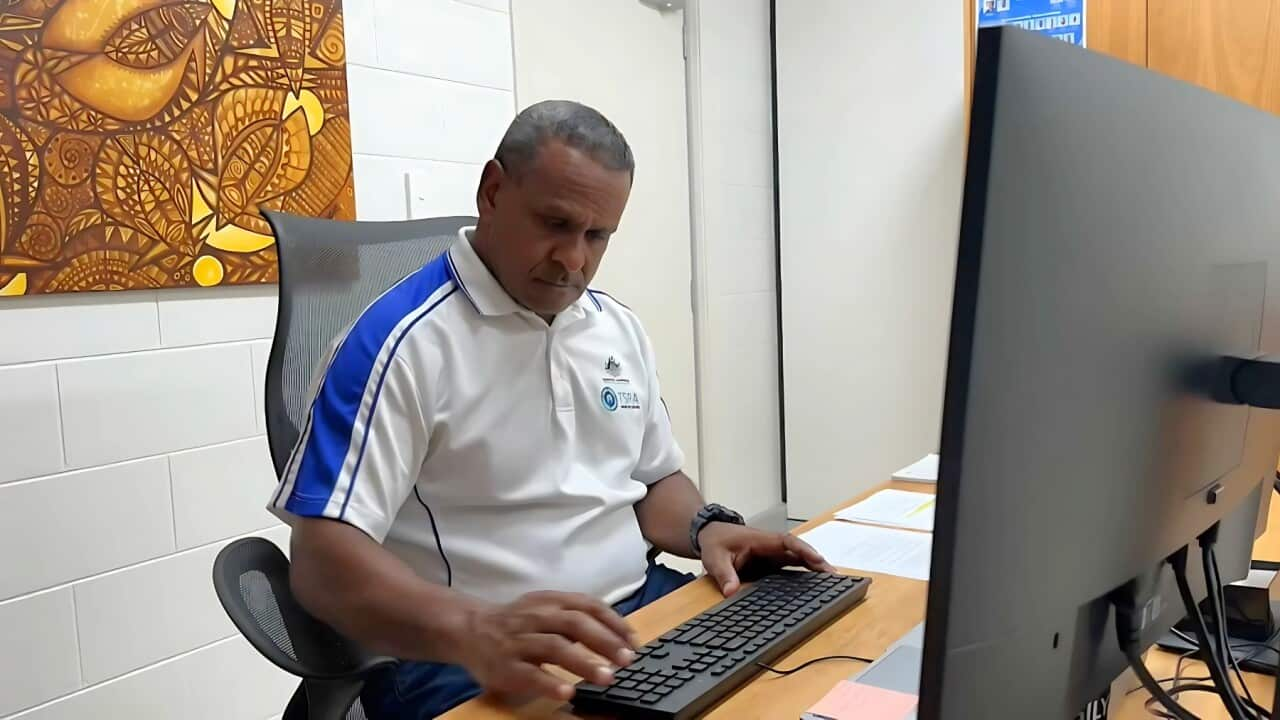TRANSCRIPT
The first version of Medicare was called Medibank - introduced in 1975 following a few failed launches of a universal healthcare system in Australia.
But by the early 80s, instead of covering all Australians, the Government provided health only to pensioners and low-income households, making hundreds of thousands of Aussies rely on private health insurance.
In 1983, a universal health insurance scheme was re-established, with Medicare starting on the following year.
And although it wasn't an easy ride, it looks like planning will have to start again.
Danielle McMullen, president of the Australian Medical Association, says Medicare is stuck in the past.
"It was invented in 1984 and back then people maybe had one or two simple problems that they needed to see the GP for and usually didn't need to spend more than a couple of minutes with the doctor. But now of course we're in a time where people have more chronic diseases, more mental illness, and even the treatment of simple health conditions is more complicated than it was back in the 80's, and yet we got the same old structure of Medicare"
Dr McMullen says that this is the reason why the AMA has launched its Modernise Medicare campaign, calling for urgent reform in the system.The proposals include adequate funding for general practice and a new 7-tier standardised consultation item structure that aims to help patients spend more time with their doctor.
"The average consultation time is now up to more than 18 minutes with the GP. But Medicare was built at a time when it was more common to just spend five to 10 minutes in that room. And our Medicare rebates for longer consultations just haven't kept pace with the cost of care. It means patients are having to spend more and more out of pocket, it's costing more and more to go to the doctor and we know that's difficult in the time of a cost of living crisis."
But why are people needing more time?
Dr Michael Wright, president of the Royal Australian College of General Practitioners, explains.
"What we're finding is our population's growing, but our population's also getting older and more of us are living with chronic health conditions. So things like diabetes, asthma, we've got more people living with mental health conditions and often with multiple health conditions. And that's how the nature of the care we provide has changed, but Medicare hasn't. So what we need is we need to invest more in longer consultations."
He says extending the standard consultation time could help the government save money in the long run.
"Within the longer consultations it gives you the ability to provide the full comprehensive care. In five minutes you just can't do it, often people will present with one problem, maybe two or often three or four. Then there's also their preventative health things, like making sure that they've had all the screening that they need up to date, and also talking about their mental health conditions, even social issues, all of those things take more time. And if we fund general practice properly, we can keep people well in the community and that's the best investment that we can put into Medicare because by keeping them well in the community, they're less likely to need to go to emergency departments or hospitals, which we know are much more expensive than an appointment with your GP."
The AMA is also calling for a more multidisciplinary approach to health care in general practice, and 500 more training places for general practitioners.Dr McMullen says Australia is facing a workforce shortage of GP's.
"If we do nothing about it, we'll be more than 10,000 GPS short in just six years. And that's been a combination of this poor indexation of Medicare rebates, so it's been harder to earn a decent living doing general practice. There's been difficulties in attracting enough of a workforce to general practice when they could go work in other specialties instead."
Peter Breadon, director of the Health program at the Gratton Institute, says that low-income communities are the most affected by problems in the current healthcare system.
"It's poorer people who can't afford to pay of pocket fees at the GP, reducing choice of where they can go. And it's people who live in GP deserts, these communities in many rural parts of Australia where there's just much less care and those people are sicker, they're much more likely to go to hospital for a condition that could have been prevented with good primary care. They tend to often have lower bulk billing and have to pay more. So it's really perverse that we have the least care in those areas that need it most."
Dr Wright says that there are two main measures to be taken in order to fix the problem.
"General practice needs a significant funding through a boost in Medicare after years of health being defunded by successive governments and the funding for Medicare and for patient rebates hasn't kept pace with the inflation. I think we need to do two things. I think increasing the rebate will make it easier for GPS to bulk bill these longer consultations and it will also decrease the out-of-pocket costs for people who don't have access to bulk billing. And also we need to train more GPs and by supporting patients with higher rebates, we'll make it easier for them to spend more time with their GP when they need to."
And with the federal elections approaching, potential future governments have been put under pressure to prioritise Medicare in their budgets.
Dr McMullen.
"Both sides of government here really do want to help the health of Australians, but obviously both have budgets to stick to and we know it's going to be a really contested election with lots of issues. But we think that health has to be the top of the list of priorities. Surely there is no more important investment than people's health. And so that's why we'll keep pushing both sides ahead of this election for them to put the health of Australians first and make sure that they are taking steps."
She adds that whoever takes office needs to act quickly.
"I think we're reaching a point of no return where after years of a Medicare freeze and then inadequate indexation, those Medicare rebates just don't meet the cost of providing care. And unless government acts now, the gap will be so wide that no government will be able to catch up."













